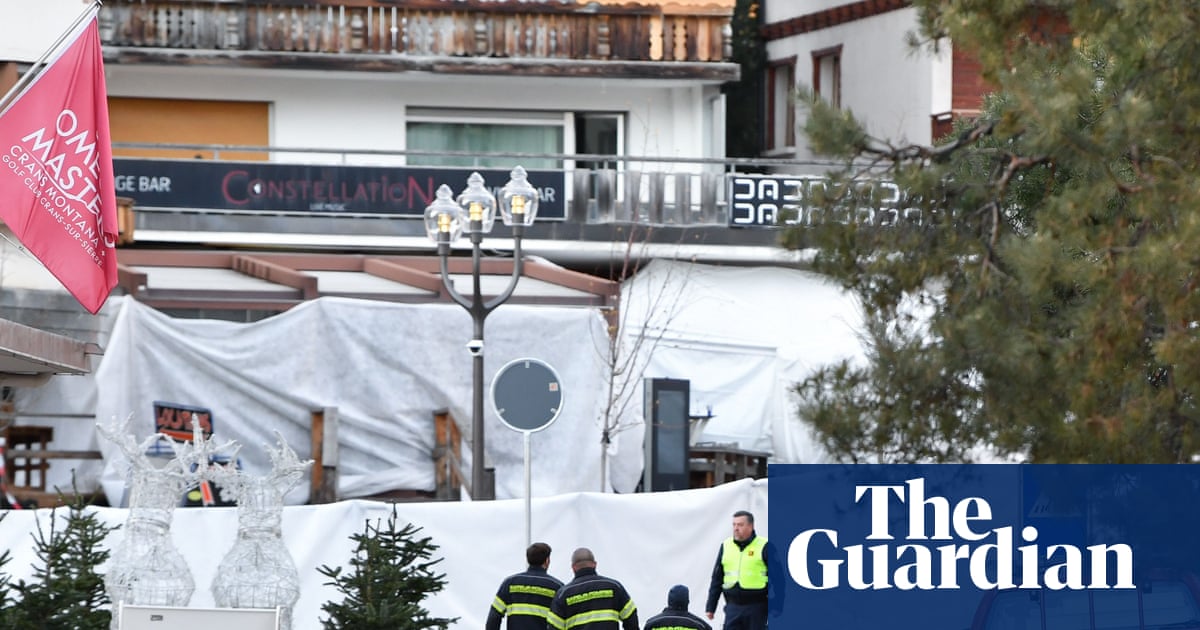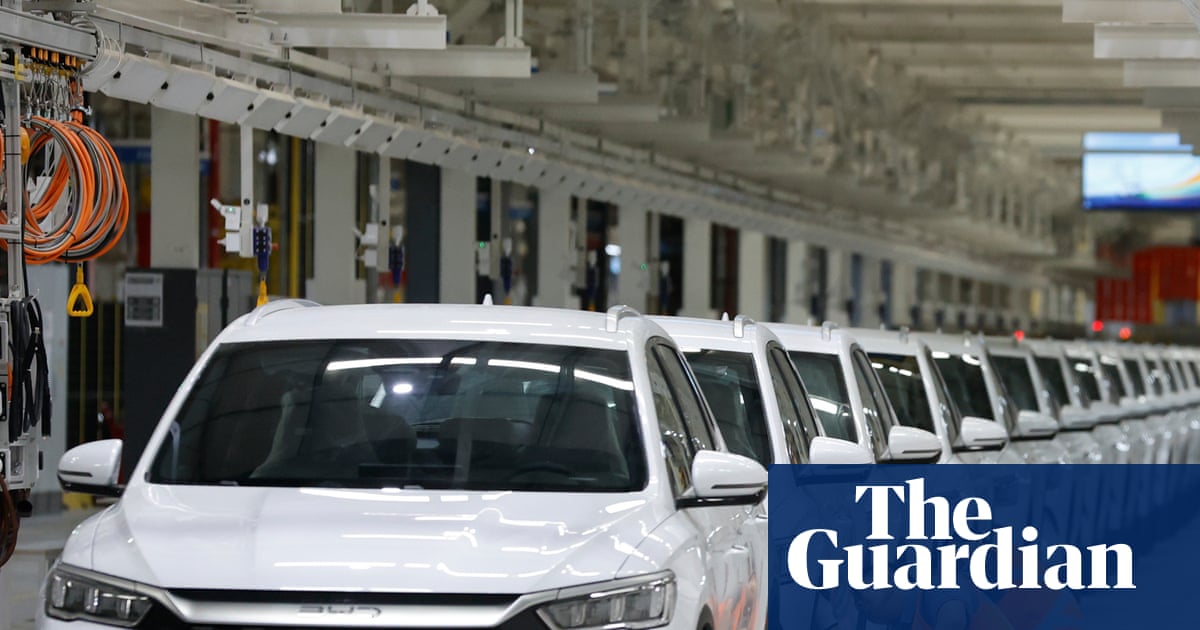Just when you feared indecision was final over expansion at Gatwick airport, here comes an actual piece of policymaking: Heidi Alexander, the transport secretary, has given a thumbs-up to a second runway. Rachel Reeves, the chancellor, followed up by landing an Airbus A320 in a flight simulator in West Sussex. Assuming legal challenges are overcome, it is possible to believe the new runway will be operational by 2030.
Give thanks that the holding pattern is finally over. Few proposed infrastructure projects capture the UK’s inability to get on with the job quite like Gatwick. The airport has been arguing for expansion for more than a decade on the grounds that it is approaching full capacity and the spadework is relatively easy – shifting an emergency runway 12 metres north to allow it to be used as part of normal operations.
Airport expansion is never without controversy, of course. Proposals must be assessed for noise, pollution, impact on the national carbon budget and much else. Yet successive governments have driven everybody mad for years by accepting the case for more runway capacity in the south-east and then failing to make it happen.
Howard Davies’ airports commission in 2015 backed a third runway at Heathrow as the proposal that would deliver the biggest economic boost to the UK, but the political game has always been about the art of the possible. The politics around a third runway still look toxic (never mind this government’s support), while Gatwick has always looked relatively straightforward, imposing fewer detriments on fewer people.
The clinching argument, you would have assumed long ago, would have been the price tag, since the costs will ultimately be recouped from passengers via landing charges. Gatwick prices its project at £2.2bn, a snip when set against the latest £50bn blowout budget for a third runway plus facilities at Heathrow. The difference is easily explained: Gatwick is building within its existing borders and making greater use of existing infrastructure, while Heathrow’s plan involves shifting part of the M25 for starters.
Even the last leg of Gatwick’s journey to approval has been a saga. Alexander was “minded to recommend” the proposal in February after several months spent reviewing the Planning Inspectorate’s qualified verdict. Monday’s actual recommendation contained tweaks that should not have required much agonising, such as the airport coughing up minor sums towards bus, coach and rail improvements. Maybe the dance was necessary to minimise the chances of the whole scheme being overturned in the inevitable judicial review. But it is yet another vivid demonstration of the challenges of getting projects built.
One can, of course, take the principled view that any airport expansion is abhorrent on environmental grounds. It is a reasonable position. But one can still bemoan a planning system that makes it so difficult to achieve a desired political end once the growth versus climate trade-offs have been examined. Gatwick’s expansion is finally happening (probably). It should not have taken so long to get to this point.

 3 months ago
94
3 months ago
94

















































